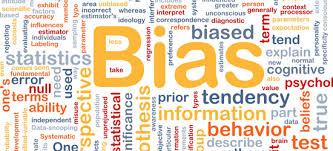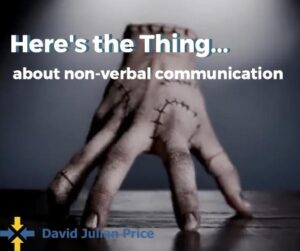What is confirmation bias and how does it affect your decisions?
Confirmation bias is the phenomenon that when making a decision, people tend to look for and consider data that supports their own view or opinion or the decision they “want”. It is a serious problem because it means that the range of options is not considered and the resulting decision tends to be based on a narrow field of options.
So what can you do about confirmation bias?
One of the best ways to deal with confirmation bias is to assign people, perhaps at random, to research and argue the opposite view or other options. An extremely effective way to minimise the possibility of making a poor decision, is to have every view argued, thereby placing a range of options on the table for consideration.
Poor decision making costs businesses millions of dollars every year. Implementing a decision that is not the best decision is often done completely unknowingly, simply because of confirmation bias.
It does not just happen at work.
Confirmation bias does not only happen in the workplace. It happens even more in people’s personal decisions. People look for evidence to support the view they hold. If contrary evidence appears, they often ignore it or more often, justify why it does not apply to them at that time, or in these circumstances or both.
There is a lot more to be said about confirmation bias, but this gives a good overview.




